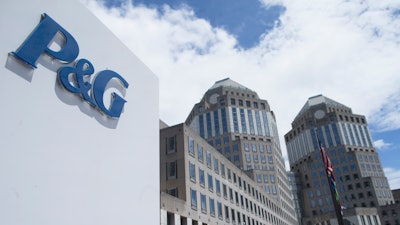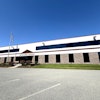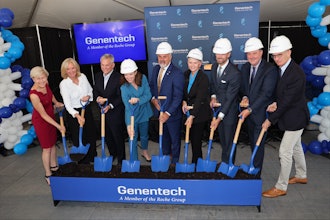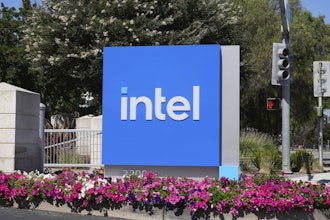
NEW YORK (AP) — Proctor & Gamble is raising prices on a range of goods as higher commodity and freight costs are set to take a bite out of its profits.
The maker of Pampers diapers, Tide detergent and Crest toothpaste said Tuesday it has been raising prices on product lines including baby, family, home and fabric care. In the last few weeks, it has started telling retailers that it will boost prices on more categories including grooming, skin care and oral care.
“The degree and timing of these moves are very specific to the category, brand and sometimes the product form within a brand,” Chief Financial Officer Andre Schulten said during a call to discuss quarterly results. “This is not a one-size-fits-all approach.”
And though it's still early, the company has yet to see “notable changes” in consumer behavior in reaction to the higher prices, he said.
Schulten said the Cincinnati company now expects a commodity hit of $2.1 billion in fiscal 2022. That’s up from an estimated $1.8 billion in July.
P&G also sees higher transportation costs, reflecting in part a shortage of truck drivers and soaring diesel fuel costs. In July, the company estimated that would cost an extra $100 million this fiscal year. Tuesday, the consumer goods maker doubled that estimate to $200 million.
Combined, the $2.3 billion in higher costs will lower fiscal 2022 earnings by about 90 cents per share.
Last week the Labor Department reported that wholesale prices rose a record 8.6% in September compared to a year ago, the largest advance since the 12-month change was first calculated in 2010. The jump in inflation this year reflects higher prices for food and energy. Core inflation at the wholesale level, excluding volatile energy and food, was up 0.2% in September from August and was 6.8% higher over the past 12 months.
Meanwhile, inflation at the retail level rose 0.4% in September, government data show, with the consumer price index up 5.4% over the past 12 months, matching the fastest pace since 2008.
P&G maintained its annual guidance and doesn’t believe that inflation is here to stay, calling it a “temporary bottom line rough patch to grow through.”
"When opportunities allow, we will close a couple of price increases with new product innovations, adding value for consumers along the way," Schulten said.






















